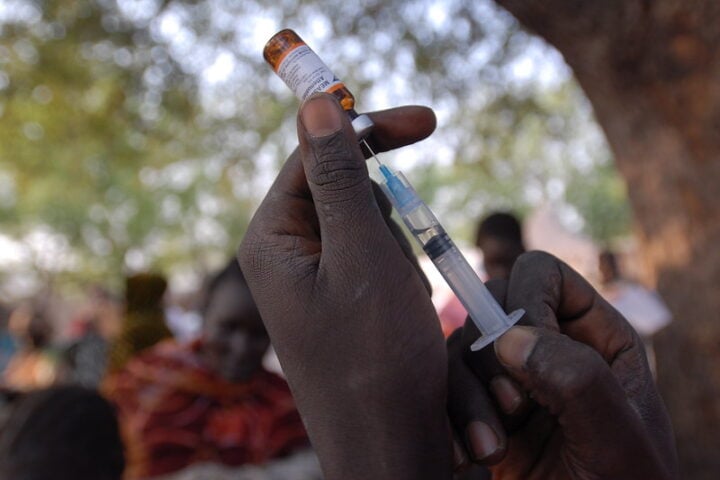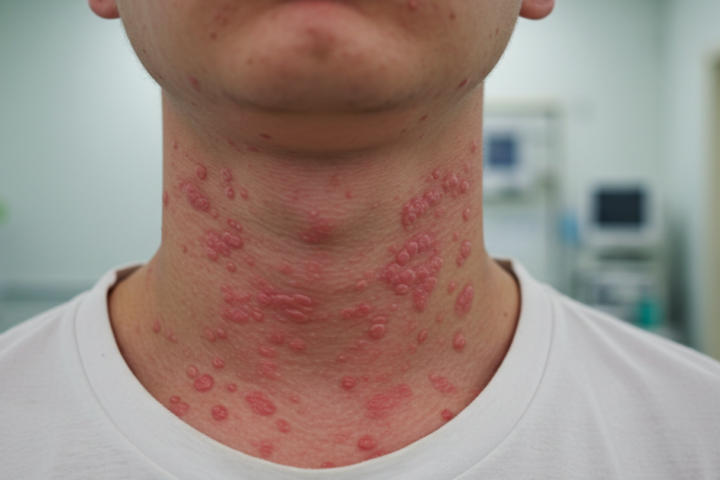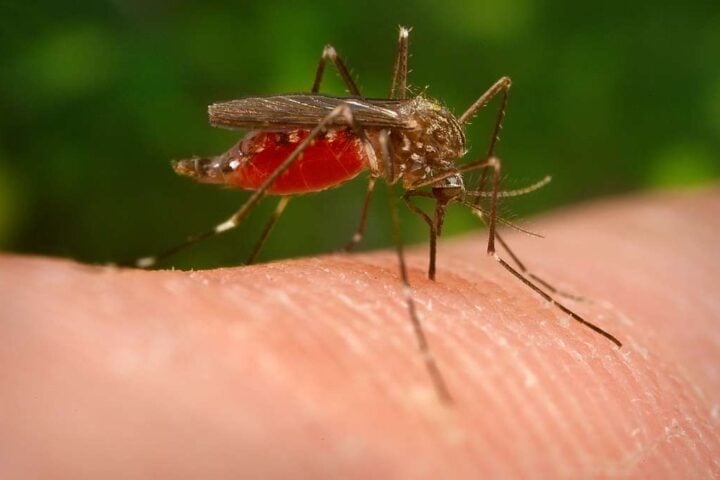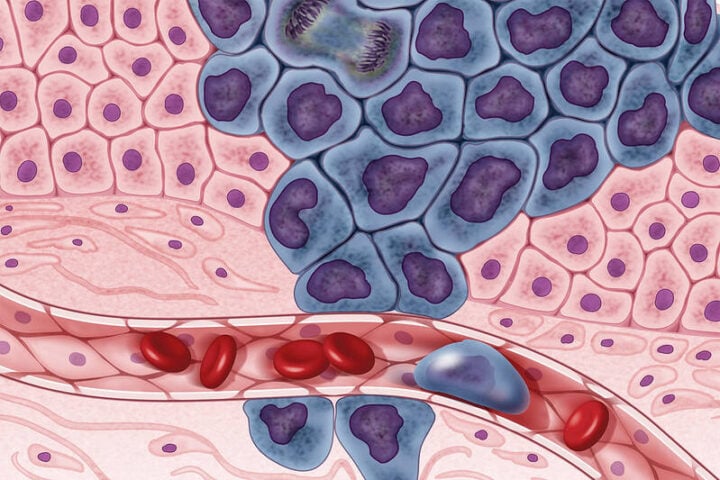Getting vaccinated against shingles may do more than prevent a painful rash. Recent research reveals it might also protect your brain health as you age.
A large-scale study published in Nature found that older adults who received the shingles vaccine were 20% less likely to develop dementia over the next seven years compared to those who weren’t vaccinated.
“For the first time we are able to say much more confidently that the shingles vaccine causes a reduction in dementia risk,” said Dr. Pascal Geldsetzer of Stanford University, who led the research. “If this truly is a causal effect, we have a finding that’s of tremendous importance.”
The Welsh “Natural Experiment”
Researchers analyzed health records of more than 280,000 older adults in Wales, taking advantage of a unique vaccination policy that created what scientists call a “natural experiment.”
In 2013, Welsh health officials made the Zostavax shingles vaccine available only to people born on or after September 2, 1933. This meant that two groups of nearly identical seniors – one eligible for the vaccine and one not – could be compared over time.
The results were striking: those who received the vaccine showed a 20% lower risk of dementia, with women benefiting more than men.
Similar Posts
How Shingles Affects the Brain
The virus that causes chickenpox and later shingles (varicella-zoster virus) can harm the brain in several ways:
- It triggers inflammation throughout the nervous system
- It can directly infect brain blood vessels, increasing stroke and dementia risks
- Lab studies show it may promote formation of amyloid protein – a hallmark of Alzheimer’s disease
“The virus is a risk for dementia and now we have an intervention that can decrease the risk,” explained Dr. Maria Nagel from the University of Colorado, who studies viruses affecting the nervous system.
From Zostavax to Shingrix
The study examined the older Zostavax vaccine, which has since been largely replaced by a newer, more effective vaccine called Shingrix.
Some evidence suggests Shingrix might also offer protection against dementia. GSK, the manufacturer of Shingrix, recently announced a collaboration with UK health officials to track cognitive health outcomes in seniors receiving the newer vaccine.
Who Should Get Vaccinated
The CDC recommends Shingrix for adults 50 and older, including those who previously received Zostavax. Fewer than 40% of eligible Americans have gotten the vaccine.
Shingrix requires two doses given a few months apart. Common side effects include pain at the injection site and flu-like symptoms.
Healthcare providers advise waiting until you recover from other illnesses like flu or COVID-19 before getting the shingles vaccine.
Beyond Vaccination: Brain Health Basics
While the shingles vaccine shows promise for brain protection, experts emphasize it’s just one piece of the puzzle. Other key steps to lower dementia risk include:
- Staying socially and mentally active
- Controlling high blood pressure
- Managing blood sugar (especially for people with diabetes)
“Understanding this link better, including the reason for any differences between men and women, could open new avenues for dementia prevention and treatment,” said Julia Dudley of Alzheimer’s Research UK.
With dementia affecting more than 55 million people globally and no cure in sight, these findings offer new hope in the fight against cognitive decline.
Frequently Asked Questions
The virus that causes shingles (varicella-zoster virus) may contribute to dementia risk through several mechanisms: it can trigger inflammation throughout the nervous system, directly infect brain blood vessels, and potentially promote the formation of amyloid protein associated with Alzheimer’s disease. Recent research suggests that vaccination against shingles may help reduce dementia risk by preventing these harmful effects.
According to a recent large-scale study published in Nature, older adults who received the shingles vaccine were 20% less likely to develop dementia over a seven-year follow-up period compared to those who weren’t vaccinated. This suggests a significant protective effect, though more research is being conducted to confirm these findings and determine if newer vaccines like Shingrix offer similar or better protection.
The CDC recommends the Shingrix vaccine for adults 50 and older, including those who previously received the older Zostavax vaccine. The vaccine is particularly important for older adults as the risk of both shingles and dementia increases with age. The vaccine requires two doses given a few months apart for maximum effectiveness.
Common side effects of Shingrix (the currently recommended shingles vaccine) include pain, redness, and swelling at the injection site, as well as muscle pain, fatigue, headache, fever, and upset stomach. These side effects are usually mild to moderate and typically resolve within 2-3 days. Serious side effects are rare.
Most Medicare Part D plans and private health insurance plans cover the shingles vaccine for adults 50 and older. Medicare Part B does not cover the shingles vaccine. However, coverage details vary by plan, so it’s best to check with your insurance provider about coverage and any out-of-pocket costs. Some pharmacies and health departments may offer assistance programs for those without insurance.
Beyond vaccination, experts recommend several evidence-based strategies to lower dementia risk: staying socially and mentally active, controlling high blood pressure, managing blood sugar (especially for people with diabetes), maintaining physical activity, eating a healthy diet (like the Mediterranean diet), getting quality sleep, avoiding smoking, limiting alcohol consumption, and treating depression. A multi-faceted approach to brain health is most effective for long-term protection.



















